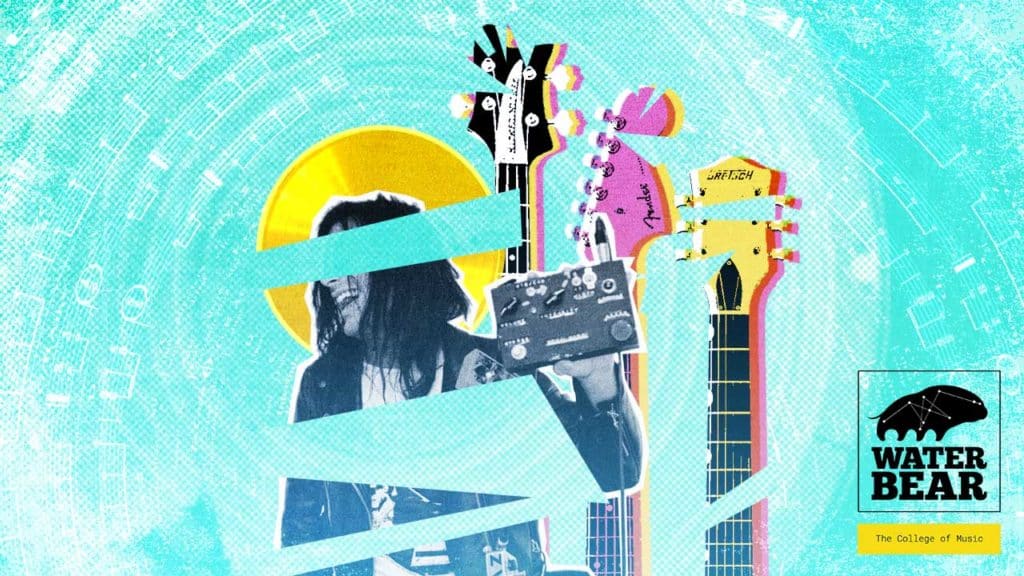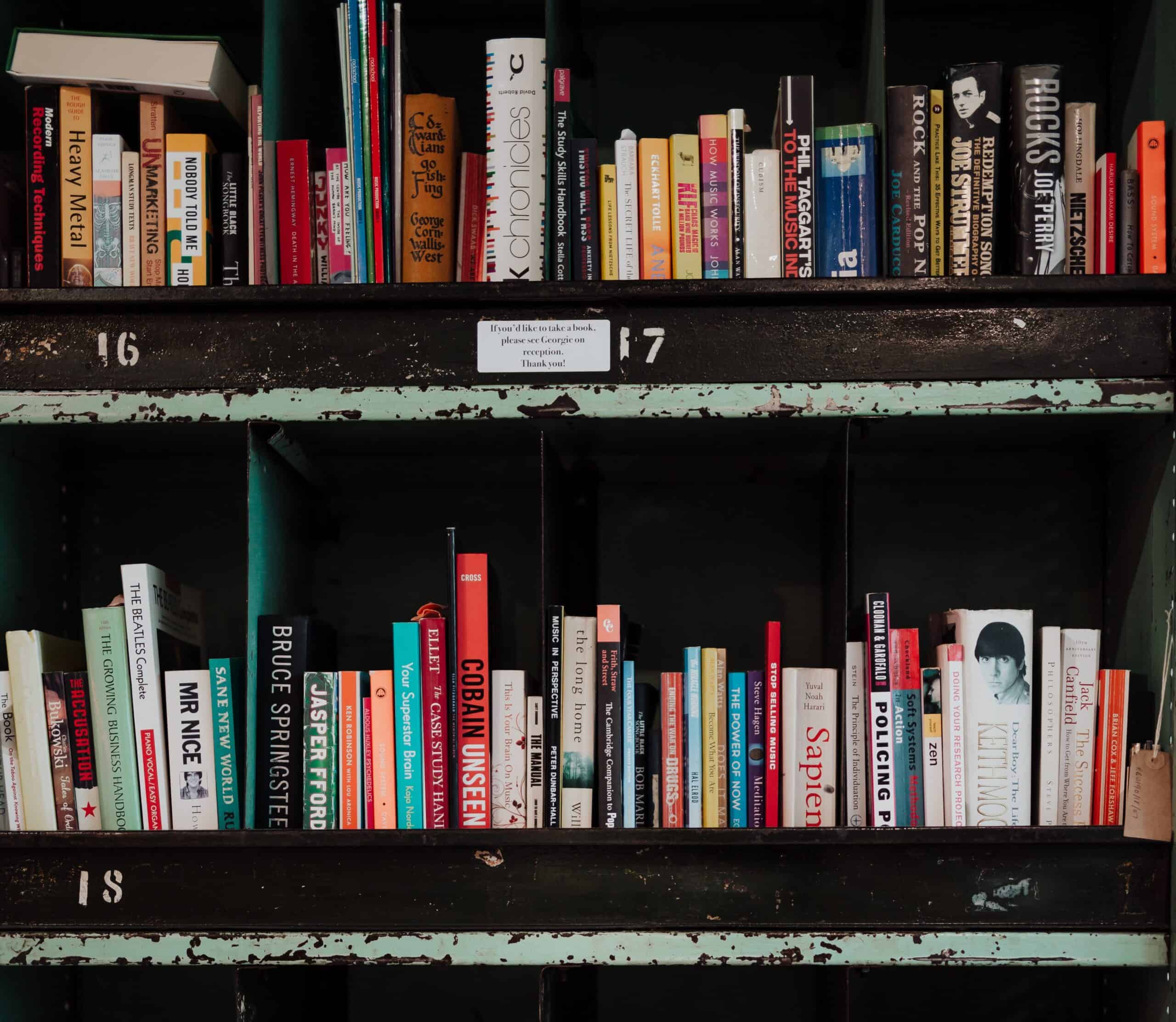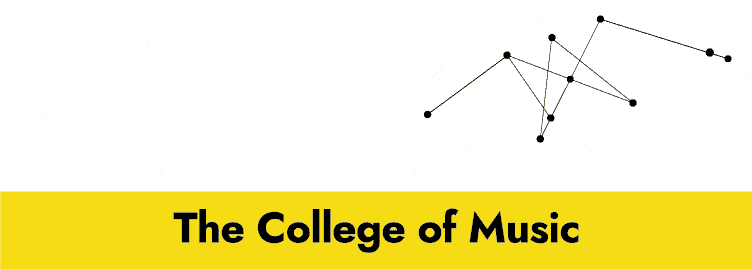JOIN US SEPTEMBER 2024 - APPLY TODAY OR BOOK YOUR PLACE ON ONE OF OUR OPEN DAYS IN BRIGHTON OR SHEFFIELD
JOIN US SEPTEMBER 2024 - APPLY TODAY OR BOOK YOUR PLACE ON ONE OF OUR OPEN DAYS IN BRIGHTON OR SHEFFIELD

Musicians and creators pour an enormous amount of time, effort and passion into creating unique music and songs for their fans to enjoy. The last thing you want is for your original creations to be copied, ripped off or used without your permission. When you create something new, it comes with automatic rights and copyright is a type of intellectual property. This guide will unravel the mystery around copyright and help you protect yourself from becoming a victim of intellectual property theft.
According to gov.uk:
Copyright protects your work and stops others from using it without your permission. You get copyright protection automatically - you don’t have to apply or pay a fee, and it usually lasts for 70 years after the creator’s death. There isn’t a register of copyright works in the UK so you automatically get copyright protection when you create unique musical work.
Copyright prevents people from:
You can license the use of your work if you own the copyright. For example, you can register your work with a licensing body who will collect royalties for you. You can also sell or transfer the copyright of your music to others.
Licensing bodies manage writer’s and composer’s rights and royalties on their behalf, meaning they can collect money for these creators and pay royalties to them. They also help artists have an extra level of protection over their intellectual property. When you register your music with them it is recognised, carries weight and is date stamped. It’s like having a giant in your corner backing you up.
Here are some of the most recognised licensing bodies in the UK…
PRS for Music is the home of the Performing Rights Society (PRS) and the Mechanical Copyright Protection Society (MCPS) and they represent two kinds of rights for songs and compositions. Their aim is to see composers and producers get fairly paid wherever their music is being performed and copied. PRS for Music gives you the ability to register your songs, amend your songs and report live performances, and allows them to license your music to businesses and collect royalties from around the globe for you.
PRS focuses on performing rights and collects royalties on behalf of their members whenever music is broadcast on TV, film or radio, streamed, downloaded, or performed or played in public. It is owned and governed by its members.
MCPS focuses on mechanical rights and collects royalties when music is copied physically (e.g. onto CDs, vinyls and DVDs), used in TV, film or radio, or streamed or downloaded. It is owned by the Music Publishers Association.
To use the services of both PRS and MCPS you need to sign up for PRS for Music. They charge a one-off membership fee of £100 and admin fees are deducted from royalties by percentage for the services provided.
PPL is a separate organisation that manages the rights of sound recordings on behalf of performers and record companies. They license the use of recorded music and although they are based in the UK, they collect royalties from around the world.
To use the services of PPL you can register free of charge. PPL deducts a percentage of your royalties to cover the service e.g. international collections stand at 7%.
If you decide you’re not ready to sign up to a licensing body, or you want to gain as much protection as possible against intellectual property theft, here are some ways you can prove the copyright of your music belongs with you.
The UK government states, ‘You can mark your work with the copyright symbol (©), your name and the year of creation. Whether you mark the work or not it doesn’t affect the level of protection you have.’
This is a deterrent of intellectual property theft.
Date stamping is about proving when you wrote a piece of music or a song. In proving that you wrote it prior to someone else, you are showing that the copyright belongs with you.
Let’s nod back to pre-internet days when people would date stamp their work through sending CDs and cassettes to themselves via recorded mail and leave it sealed should they need proof of the date of its creation. People even stored their recordings with their bank! These are still legitimate ways of time stamping your material, as long as they remain unopened.
Shortly after the internet was rolled out to the masses, people started emailing recordings of their tracks to themselves for the same reason. This is another way to prove the date you have written the music. If a recording comes out after this date claiming to hold the copyright, you have proof to the contrary.
Every piece of recording, writing and editing throughout the process of creating a unique piece of music builds a picture of its authenticity. Save and keep lyric edits, notes, amendments, riff ideas, previous versions and alternations while you are going through the creation process. If they are recorded and time stamped - even better!
Find PRS for Music, PPL and government guidance on copyright here.

- ‘Water bear’ is the common name for a Tardigrade.
- Tardigrades are micro creatures, found everywhere on earth.
- They are the most resilient creatures known.
- They can survive and adapt to their surroundings, even in outer space.
- Their resilience and ability to adapt and survive inspires us in everything we do. We love them.


WaterBear Education Ltd, Hanover House,
118 Queens Road, Brighton BN1 3XG, UK Map
Email: [email protected]
Tel: +44 (0) 1273 726230
WaterBear Sheffield, Unit 4, Gatecrasher,
49 Eyre Lane, Sheffield S1 4RB, UK
Email: [email protected]
Tel: +44 (0) 1143 992720

WaterBear Education Ltd, Hanover House,
118 Queens Road, Brighton BN1 3XG, UK Map
Email: [email protected]
Tel: +44 (0) 1273 726230
WaterBear Sheffield, Unit 4, Gatecrasher,
49 Eyre Lane, Sheffield S1 4RB, UK
Email: [email protected]
Tel: +44 (0) 1143 992720
- ‘Water bear’ is the common name for a Tardigrade.
- Tardigrades are micro creatures, found everywhere on earth.
- They are the most resilient creatures known.
- They can survive and adapt to their surroundings, even in outer space.
- Their resilience and ability to adapt and survive inspires us in everything we do. We love them.
